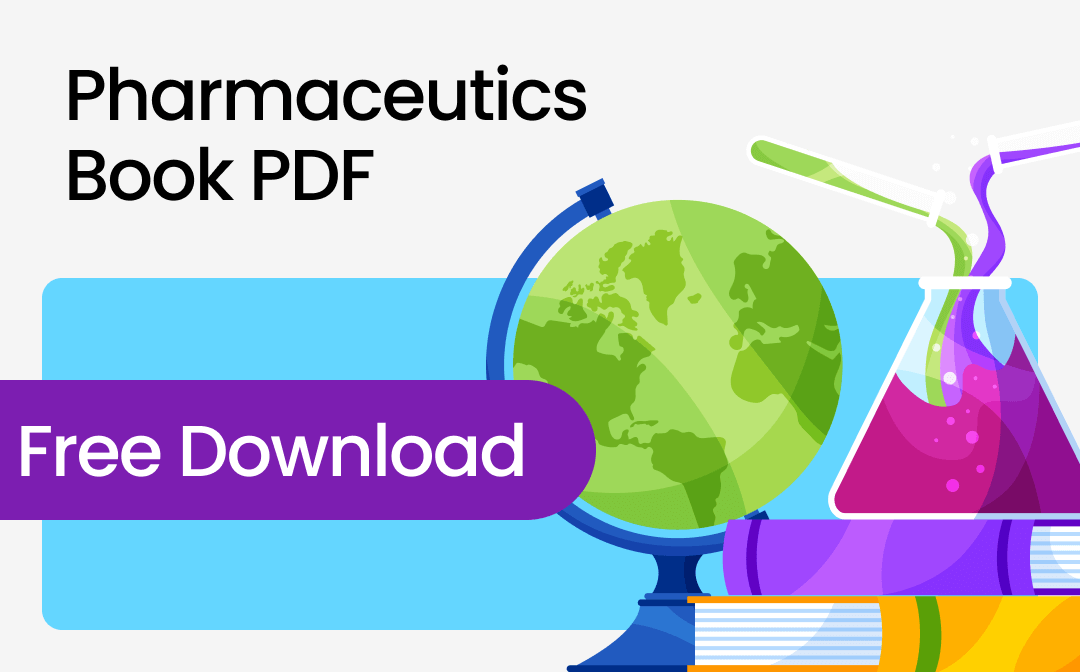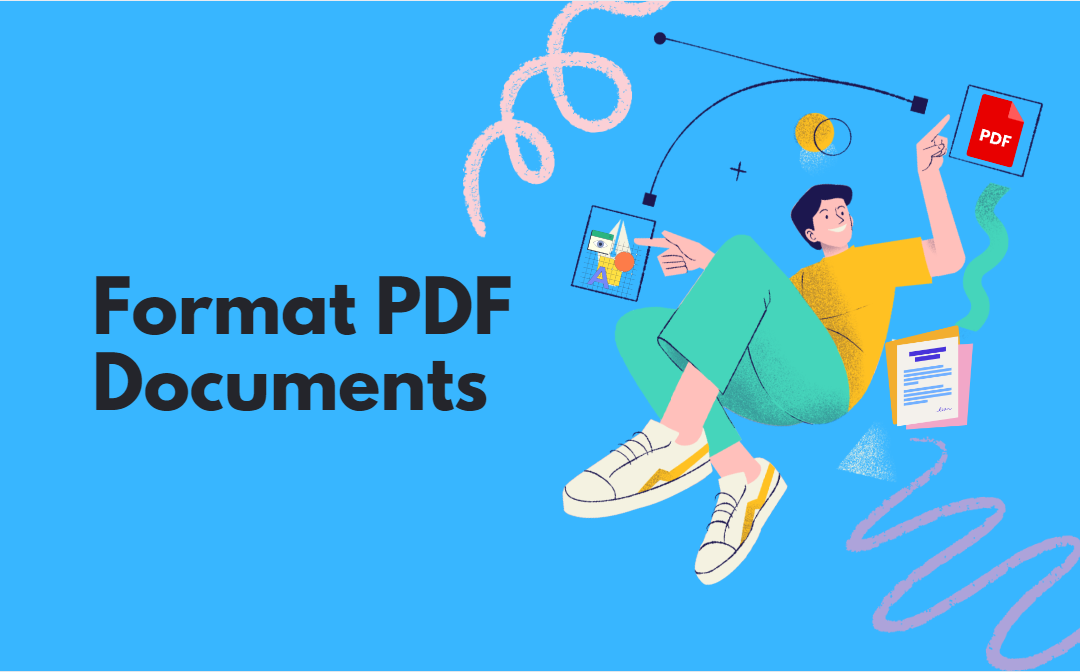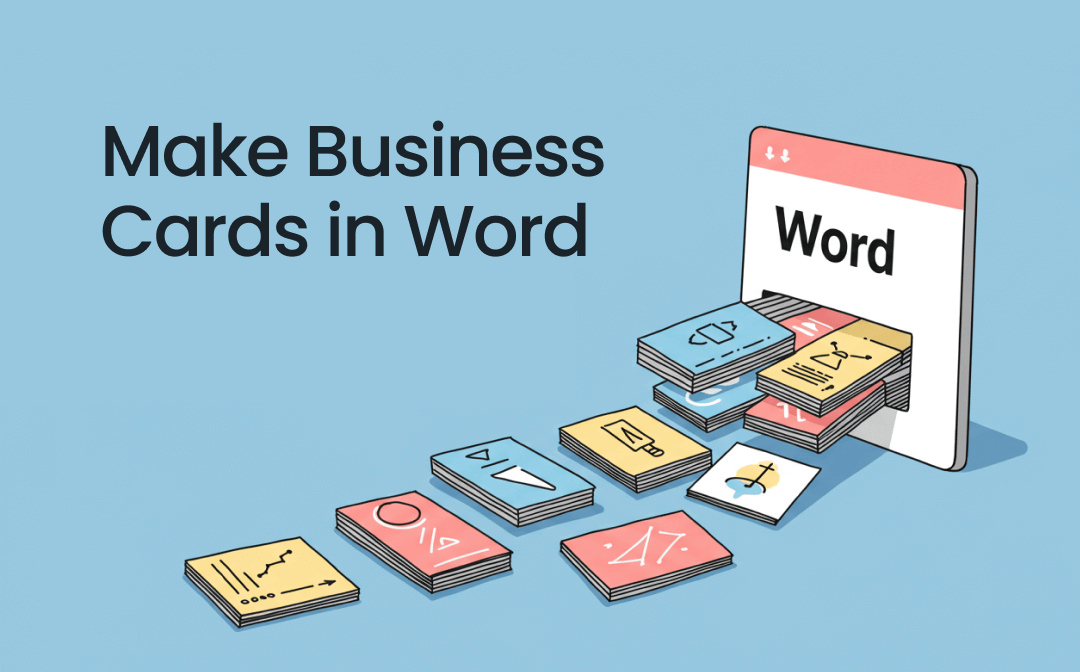Firstly, we’re not saying all businesses are this way inclined; many still love the look and feel of a good old Word document. There are other angles to consider with Word documents, too - they’re easier to edit and save, and you’re more likely to have used Word rather than PDF unless you have an IT-specific skill and have studied the topic in higher education or college and University.
We’re here today to tell you that businesses have multiple reasons for going for Adobe and PDF rather than Microsoft Word. We do understand it’s not an intense standoff between the two. Most corporations will use both to some extent. However, for specific documents containing sensitive data, whether for a presentation or invoicing, it appears as though PDF is the found King - but why is it that so many businesses now prefer to use PDF for their sensitive documents, and is it a better MO?
Universal Approval
One of the main sticking points for Microsoft Word is that it can only be used on specific operating systems. However, PDFs can be accessed across various devices using an iOS system or a standard laptop designed by Microsoft, Dell, etc.
The shift to mobile devices hasn’t happened overnight, but it’s occurred over a shorter period than many other fast-rising industries. Regardless of the booming industry that best adapts to the changing tech landscape, it needs to have one thing in common—simple, mass-adoptive programs that are easy for professionals and laypeople alike, which is what Adobe has created in a nutshell.
Some believe Adobe struck lucky by having such a universal approach to document editing and sharing, as it meant that businesses weren’t limited to sending Word documents back and forth via PC or laptops.
You can send PDFs universally across mobile devices; they’re much easier to open and display on mobile devices, and they have been able to corner this area of the market expertly to steal a march on the other companies looking to do the same thing.
Extenuating Factors To Consider
Companies that can boast sustained, substantial growth often have many variables they can lean into. It’s rare to come across businesses that have had monumental success without being able to weigh up some of the other companies running alongside it that have helped it along the way.
While the first iPhone was one of the most innovative devices ever designed, it was helped by cheap mass production and the rise of high-speed internet access.
Likewise, if we look at Nvidia's rise and explosive growth to become the world’s most prominent technology giant, albeit short-lived, we see that they’ve also been helped by a range of grants and favorable international AI framework along the way, which has enabled them to maneuver into one of the leading names in the world.
We’re not saying that Adobe is in the same ilk as Nvidia and Apple, but they share this in common. Identifying a need for software that enables companies to design, share, and edit their documents, regardless of the operating system they use, is the primary reason so many businesses will choose PDFs over the likes of Microsoft Word and why they continue to shine in the corporate world. You can use tools to convert from PDF to Word, but convenience is often essential, and in the business world, time is usually of the essence!
Size & Security
PDF documents have other components to consider —not just the universal nature that makes them appealing to the corporate world. They’re much smaller in file size than Word documents, meaning they’re often more straightforward to send.
In addition to their small file size, PDF pioneered document encryption, which quickly became the file of choice for businesses looking to send particularly sensitive information, such as health records or expensive invoices. People often export invoices in PDF format.
Again, we’re not going to sit here and say PDFs are the only documents where you can implement these features, but they took it to a new level. Once businesses experienced this first-hand, they were happy to use them as their primary method of sending and editing important documents.
Conclusion
In addition to the practical reasons we’ve listed today, some businesses prefer the aesthetic of PDF documents, too. They have a minimal feel and are easy to project across smaller screens or large projectors. Although not all businesses will ascribe to this view and may not have embraced the whole idea of the new golden age, the numbers speak for themselves.
Many tech experts have argued that PDF technology is more vital now than ever, whereas Word continues to feel more dated. Other services like Google Docs are skimming away some clientele that have used Microsoft packages for their document editing and writing.
Many writers now opt for Google Docs instead of Word, as they’re easier to access remotely and tie into your email for notifications. I have made the switch and haven’t looked back—sorry, Bill!











